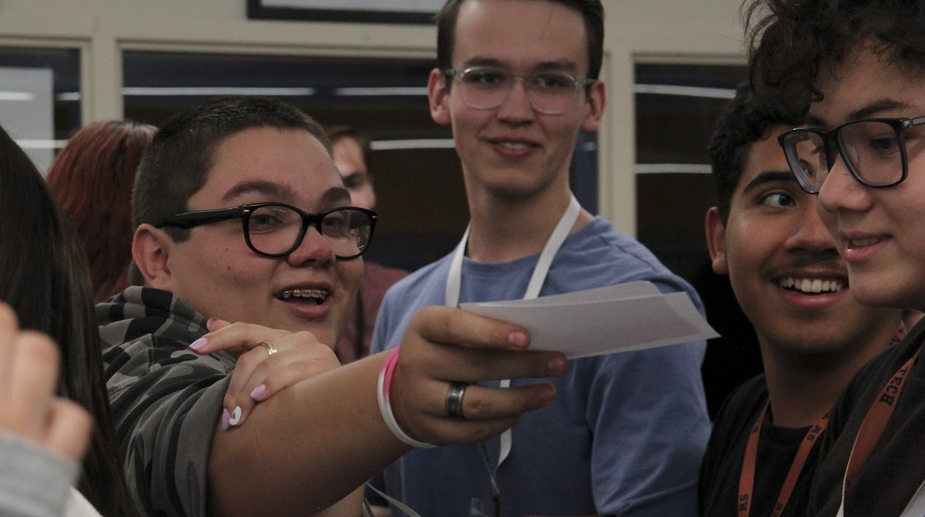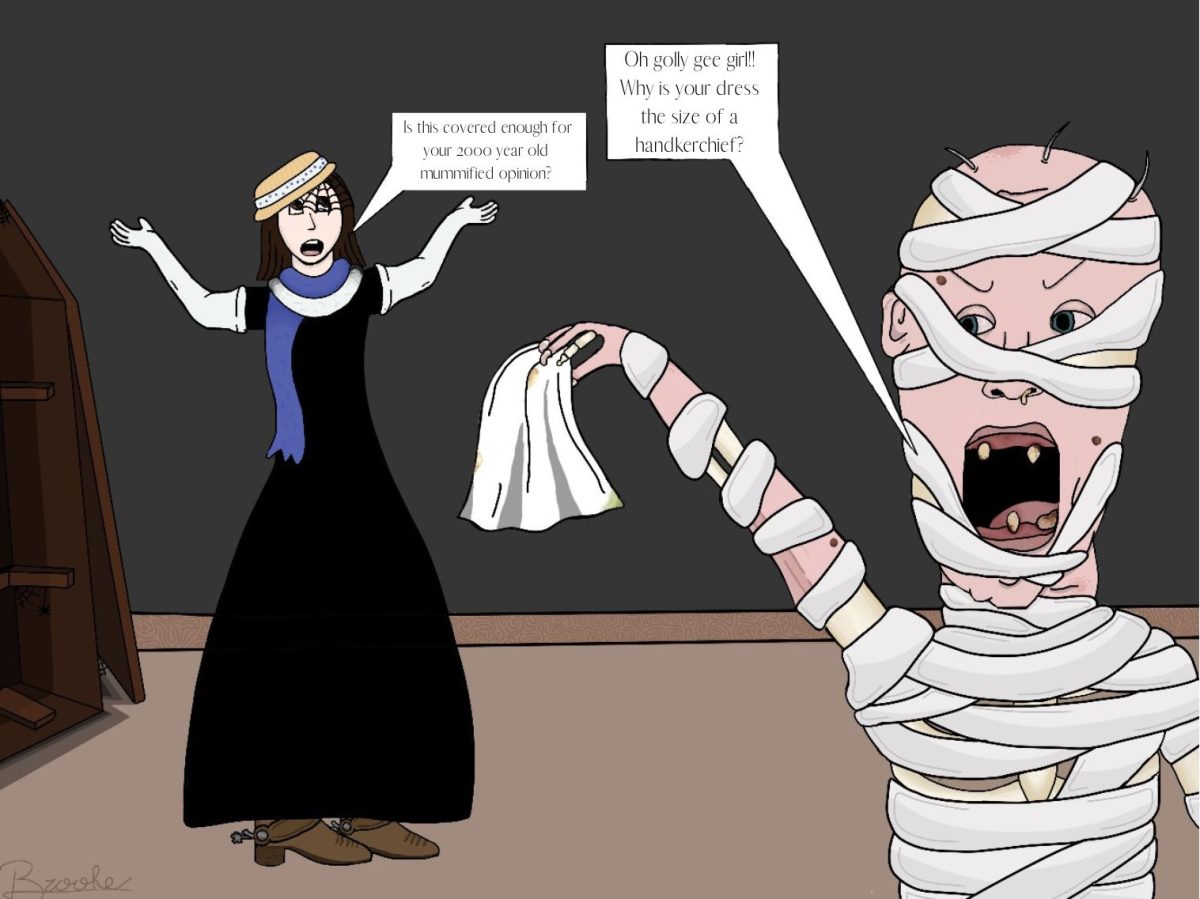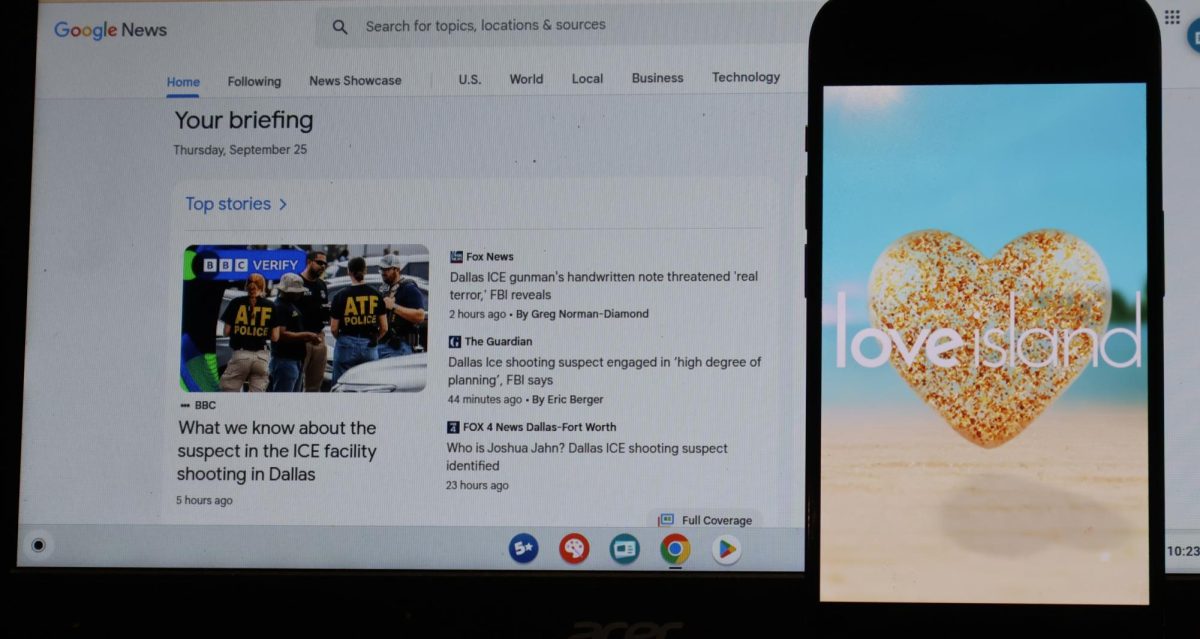In today’s fast-paced world, we often overlook one critical issue that is quietly threatening the growth of the next generation: the rising unemployment rate among adolescents. Due to unpredictable markets and economic uncertainty, many companies have started to employ a “low hire, low fire” attitude. The employees with more experience in the field often become confined to their current company, leaving fewer entry-level positions for young adults.
Therefore, we need a system that recognizes adolescent employment as an essential part of youth development, rather than a distraction from their everyday lives.
Although eliminating many entry-level positions may make sense from an employer’s perspective, it will soon come at a heavy cost. For high school students, this means losing valuable time to develop and refine fundamental skills needed for future careers and to grow into confident young adults. Jobs provide opportunities for young people to train in a professional setting, make mistakes, and learn from them. In addition, the growing costs of entertainment and simple wants also lead to teens getting a job for one simple reason: financial independence.
According to the U.S Bureau of Labor Statistics, the current unemployment rate for adolescents between the ages of 16-24 is 10.5%, the highest since 2016, excluding the pandemic. The Piper Sandler Taking Stock With Teens survey, where data was collected from over 274,273 teens, highlights that teens spend an average of $2,388 per year. Rather than relying on parents or birthday cash, teens can use the money they earn to pay for their own expenses, while learning to budget their money effectively. Working for their own money also teaches a sense of responsibility and to value every dollar. Jobs also offer financial aid for young adults and even their families, setting up a safety net for the future.
But the benefits extend beyond money. Real-world skills, such as communication, teamwork, and fostering a professional character, are just as important. For example, in the fast food industry, where 30% of workers are teenagers, many teens use this entry-level job to work their way upwards within said companies, potentially landing higher-level positions once they move on to another job. Whether it’s flipping burgers, working the cash register, or talking with customers, it is a paid experience where they can make mistakes to do better next time. On a mental level, it instills a ‘never give up’ mentality in them that will remain crucial no matter their future career paths.
Many parents with young adults, though, would argue that having a job could lead to a decrease in academic performance and add unnecessary stress at a young age. However, the reality is that burnout will happen at some point, either now or later. The only difference is whether they have been conditioned to it and continue fighting, or allow it to become a destructive cycle. That’s where teens who learn to balance their academics, social life, extracurriculars, and a job will be better adjusted, decreasing unnecessary burnout.
Seniors in high school who worked 20 hours per week also had annual earnings 20-25% higher as early as six years after graduation than their peers who didn’t. Having a job early on could allow one to develop employability skills that will give them more benefits in the future.
However, in today’s economy, many businesses are hesitant to hire inexperienced workers, specifically young adults, due to the rising minimum wage required to sustain them. The consequence for this is not merely a paycheck, but missing the opportunity to learn about conducting their own financial affairs and becoming well-rounded individuals. From a social perspective, unemployment can lead to people in a community feeling disconnected from one another. A lack of job opportunities could also widen social inequality among the youth, with teens from wealthier families still likely to find employment through connections, while those from a low-income background may not. This would lead to more dependency on those children’s parents and delay their transition to adulthood.
As high school students, taking the time to learn, earn, and grow is one of the most beneficial things we can do to become mature and functional adults in the future. At the same time, leaving doors open where young people have access to early job opportunities would allow them to build essential life skills, develop financial responsibility, and understand the value of hard work. In the long term, allowing adolescents to develop real-world skills from a working age would benefit everyone in society, as they would have a better idea of what to expect once they fully settle into the workforce. If we are not giving opportunities for teens to learn from a young age, how can we expect future generations to step confidently into the real world?


![Practicing the basic skills of nursing, sophomore Natalia Yancey gets her heartbeat checked with a stethoscope. Sophomore nursing students reviewed skills from freshman year. “I’ve always wanted to be in the medical field; it’s been my dream forever,” Yancey said. “Doing [practice skills] so early on is not only an amazing opportunity, but it helps me to prepare for my future.”](https://southwestshadow.com/wp-content/uploads/2025/10/IMG_9843-1200x800.jpg)















